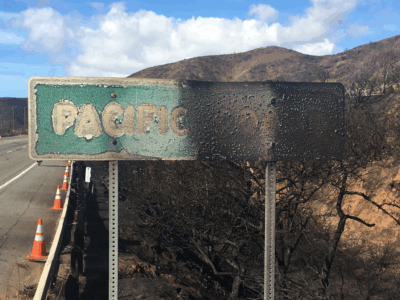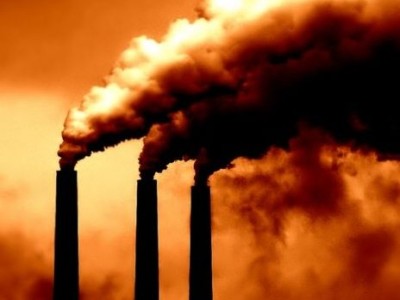Climate’s Future in the Face of COVID
Even as emissions decrease, climate activists shouldn’t get comfortable
As many have pointed out, air and water pollution have plummeted because of COVID-19. My colleague Ben Harris wrote about the many positive environmental impacts that global-scale quarantine has caused – and they’re truly inspiring. Some have pointed to this massive pollution reduction to illustrate that “we are the virus”. Perhaps the pollution reduction is a welcome silver lining to our grim reality.
But climate activists should not celebrate these immediate emissions reductions as a result of COVID-19 – in the long term, COVID likely presents more challenges towards building effective climate policy than solutions. Ted Parson has written about the relative benefits and drawbacks of the emissions reductions during COVID. Here are a few more from me:
We can only fight one crisis at a time.
For policymakers, combating COVID has (understandably) taken top priority. But in the process, some critical environmental and climate change policies have quickly fallen out of favor. Public transportation, a critical emissions mitigation tool, now poses a threat to spreading the contagion. Reusable grocery bags have now been banned, and many cities have lifted plastic bag bans to stop the spread of disease (more on this in Siyi Shen’s recent post).
Of course, policymakers could alleviate both the COVID and climate crises simultaneously. In fact, one poll shows that the general public prefers policies that alleviate both the climate and COVID crises. Certainly, there are opportunities for synergy; subsidizing the renewable energy industry would help create jobs, promote energy independence, boost the economy, and reduce air pollution.
But as my colleague William Boyd has described, taxpayer money will more likely be used to bail them out, rather than support job creation in cleaner industries. The Republican-dominated federal government has long been in the pocket of oil lobbyists, and that support is unlikely to end, even in the face of economically prudent solutions that would improve US national security. In this death cult era of the GOP, reasoned economic rationale is simply too much to ask for.
GHG accounting will be unhelpful.
Second, COVID emissions reductions will obscure policy experts’ ability to assess climate policy. GHG inventories developed at the local, state, and national scale are not only used to track emissions over time, but also help policymakers determine whether their climate policies are working. Policies that aim to reduce vehicles miles travelled, for example, won’t have good transportation emissions numbers during the pandemic lockdown, and policymakers will be unable to determine if those crucial VMT policies have worked.
As a result, governments will lose time in trialing new and innovative policies, and will be significantly handicapped in adjusting these policies as necessary to maximize their efficacy. This spells trouble for a world that must make increasingly difficult emissions reductions as we move toward our 2050 Paris goals.
Individual behavior changes are not enough.
Despairingly, the emissions reductions witnessed during COVID are nowhere close to the rate of reductions humankind needs to achieve to limit emissions to 1.5 degrees. So, despite the immensely lifestyle-altering lockdown that most of us have experienced – which has resulted in a massive reduction in carbon emissions – is still not enough. Certain policymakers and lobbyists have long argued that individual behavior changes could combat the climate crisis. If this pandemic has done one good thing for climate activism, it’s in showing that individual behavior changes should not be the primary avenue humankind pursues to combat climate change. This change must be systemic to avoid climate catastrophe.
Final thoughts.
Even if only philosophically, I’m not convinced that “we” – the populist “we” who are not entrenched in right-wing billionaire lobbyists’ corner – are the virus. I refuse to allow the corrupt few at the top of political food chain to represent the upper limits of human empathy and goodwill. Humankind has always found ways to rally together in the face of disaster and tragedy. We can – and will – do so again. But we must remind ourselves that this is an uphill battle, and that we cannot afford to pump the brakes on climate in the face of COVID.







Reader Comments